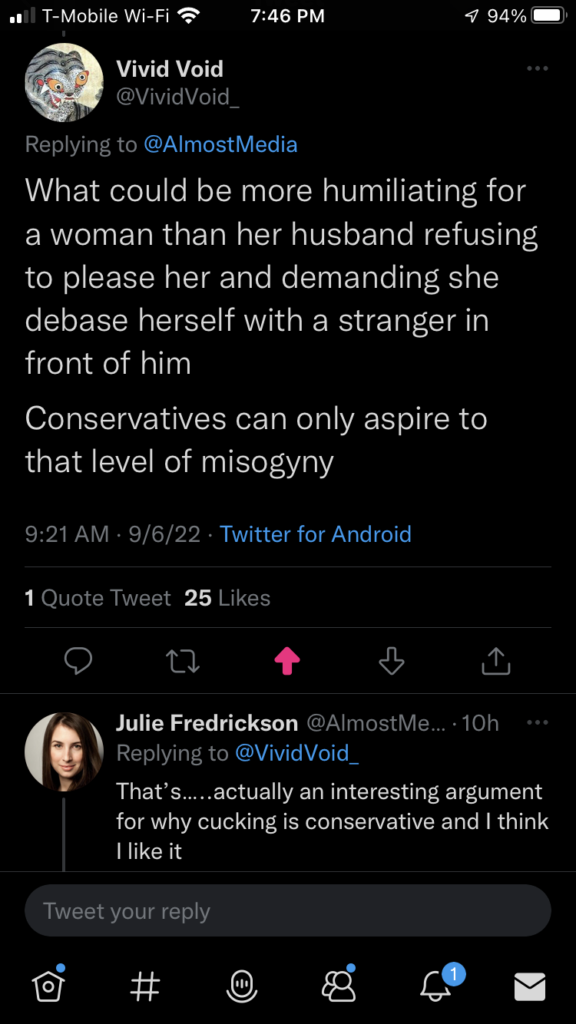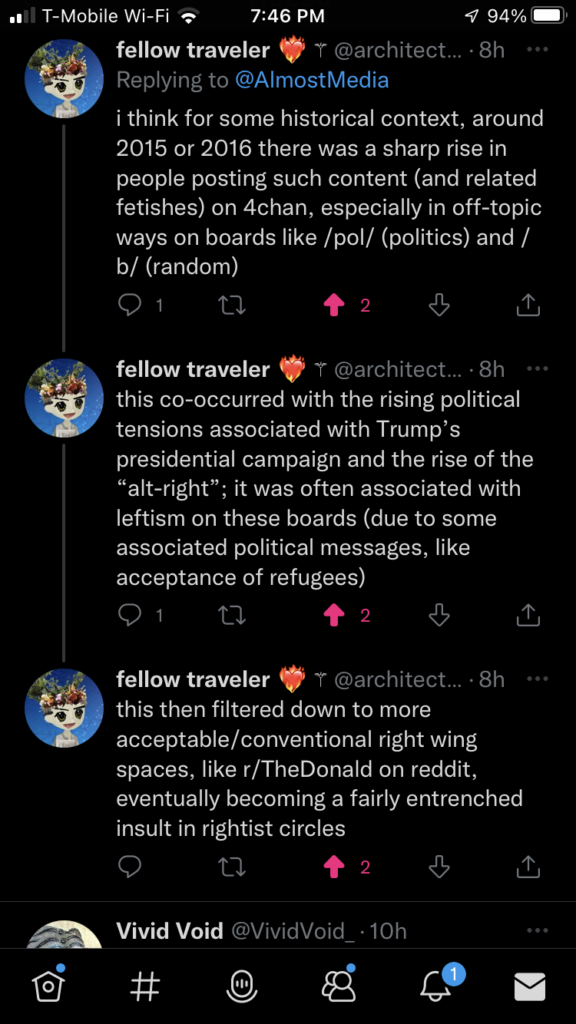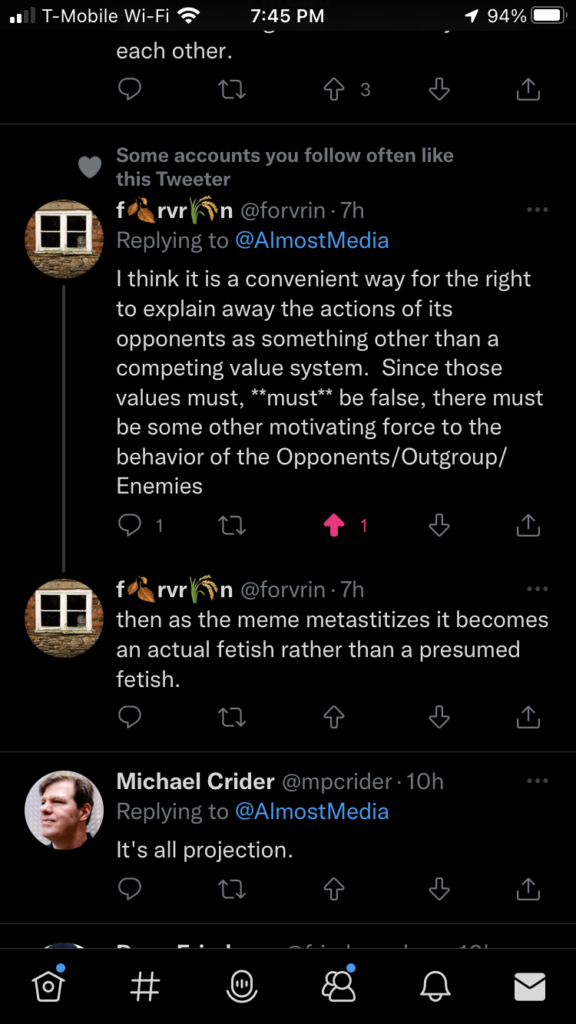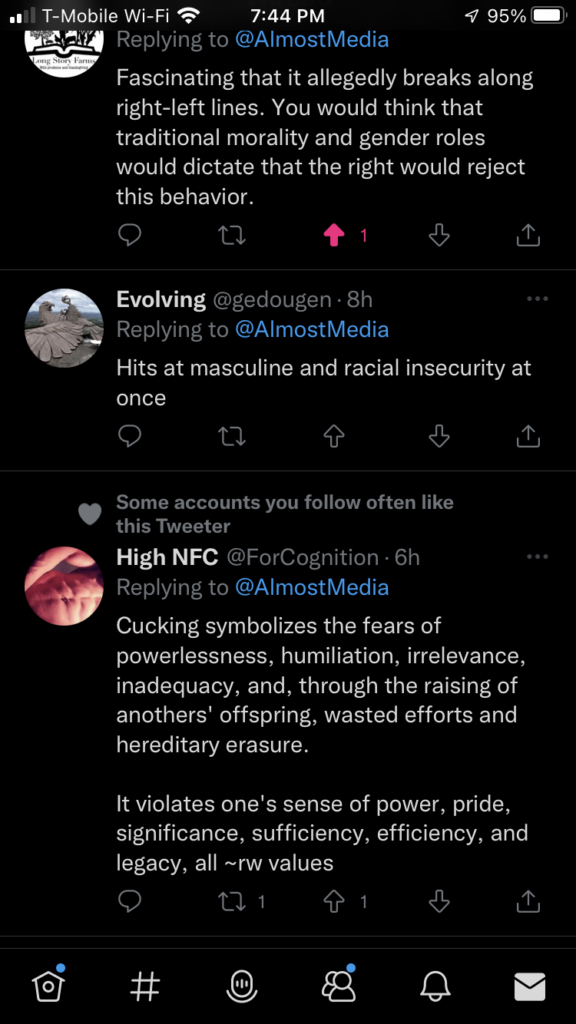I hesitate to share too much detail about this but, I’m an opioid user.
Actually I’m not hesitant to share that at all, it’s in fact the core salient point I want to make today. I have a chronic disease and sometimes, blessedly more and more infrequently, it can only be effectively treated with pain medication.
Why am I talking about this? And in public no less? Because unless powerful people that have a degree of social, personal and political capital discuss things we deem unsavory we never make any damn progress on humanizing our inhumane responses. And our response to the opioid epidemic is inhumane.
The backlash to the crisis, a mash up of intense scrutiny, government intervention and rigid rules, has now reached a point where it is doing as much harm as the original crisis of overprescribing. And I hope my personal story allows you to see why.
My spinal condition (ankylosing spondylitis) can be so debilitating that the only way I can get out of bed to accomplish basic tasks is by taking a mild opioid called Tramadol. It’s not in the same category as OxyContin or Percocet but it’s not risk free either.
I’m lucky that my condition is relatively well controlled. I don’t need pain medicine all the time and I work very hard on alternative treatments in the hopes that I won’t need it at all in the future. I spent a small fortune making sure I don’t need a core useful medicine. Let that sink in.
I’m not an addict. I am monitored by a team of professionals. Every step of the way is in fact monitored extensively by state and federal systems along with massive insurance and hospital system oversight. It’s the closest I’ve come to experiencing the Panopticon. It’s life altering in its scope. My entire life by necessity has to revolve around when the system deems it safe for me to get a prescription. Not when my doctor thinks I need it. When Uncle Sam does.
I fucking hate relying on something so dangerous and so demonized but also so regulated. I hate that my entire private medical life is so closely monitored by the state. I hate all of it. But, on very bad days, the choice is immobilization or Tramadol. And I’m not at all ashamed to say I pick Tramadol. I want to be a working productive member of society and that’s hard to do when you are unable to move from the pain.
There is no grace in suffering but what it teaches us. And I’ve learned we use pain as a cudgel to control people in our society. That it is so effective is why I am both a libertarian and fiercely against the carceral state. One day it might be you suffering and you won’t deserve it either. And I pray that you will be shown grace in your personal circumstances.
But I’m lucky. I’ve got other pharmaceuticals, like biologic injections which treat inflammatory conditions, that I can rely on. I’ve got THC and CBD for their anti-inflammatory properties. I’ve got good old fashioned steroids like Prednisone. Which interestingly, my physicians universally believe is more dangerous than my Tramadol usage and did actually require an extended titration down as I was physically dependent on it, as your body stops producing the necessary hormones. They’d rather I use Tramadol for flares.
But you notice the government isn’t up in your face with a massive publicity campaign showing cops busting down Prednisone rings. There are no political advertisements showing how an opponent supports big steroid. Even though if you saw Donald Trump after he got Dexamethasone during his fight with Covid it was pretty clear he felt pretty good. Steroids have gotten me far more fucked up and also higher than any opioid ever has. But no massive surveillance program has ever come down on anyone for anti-inflammatory drugs.
Because that would be fucking ridiculous even though it’s just as addictive in driving physical dependencies , just as debilitating and depending on your body chemistry, just as “fun” as narcotics. Fun fact about me, I don’t have whatever chemical makeup that allows an opioid to give me a high. Which as I’ve learned is a saving grace. Not everyone does. That’s kind of the rub. The risk profile on opioids is a bit worse because some pharmaceutical executives lied about the percentages of people who get addicted. Or who found it’s side effects pleasurable in the absence of symptoms. They did not lie about the benefit of not being in pain.
And that ought to give you a good sense of the problem at hand. The iron law of prohibition strikes again. A massive bureaucracy imposing a fix that intervened in crude and inflexible ways is causing more suffering than it fixes. It wasn’t the intent but it is the outcome.
The iron law of prohibition is a term coined by Richard Cowan in 1986 which posits that as law enforcement becomes more intense, the potency of prohibited substances increases. Cowan put it this way: “the harder the enforcement, the harder the drugs.”
Because doctors were lied to about the risk profile of certain types of opioids in the first place, the backlash is now as bad as the original sin the pharmaceutical companies committed.
Regular law abiding people are getting fucked in their treatment plans because hard enforcement is making it harder to get the low dose drugs. We treat Tramadol users with arthritis with the same tools as as criminals addicted to illegal fentanyl. I know shocker that the American federal government can be as evil as Purdue.
But also historically you know it’s true. And now a huge portion of normal people like me, who just want the benefits of not being in constant pain, are being turned into an over surveilled over controlled population. And I’m not saying there are no risks. But who do you want deciding that? A doctor who knows you well? Or the government? Yeah I’d pick the doctor too.




